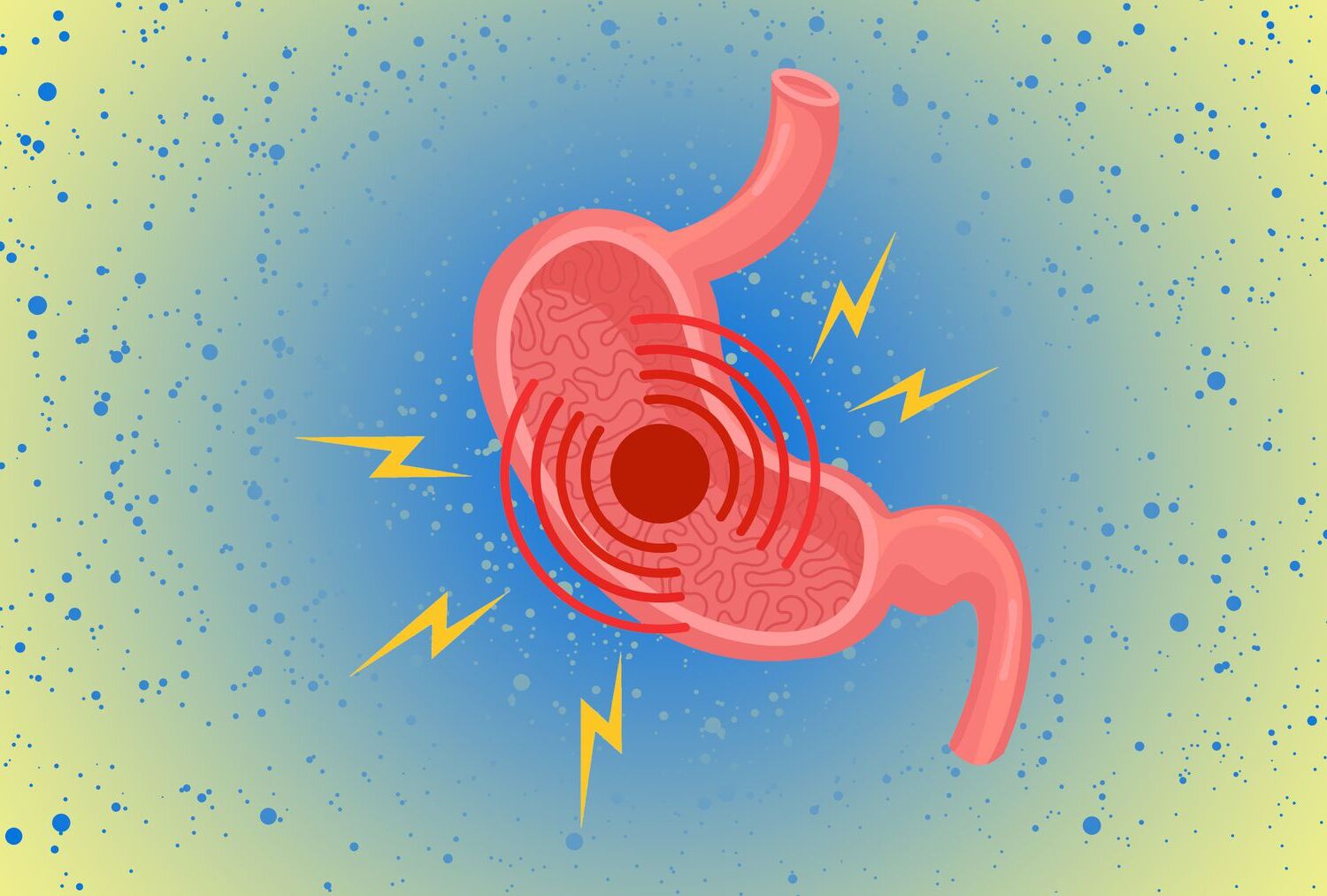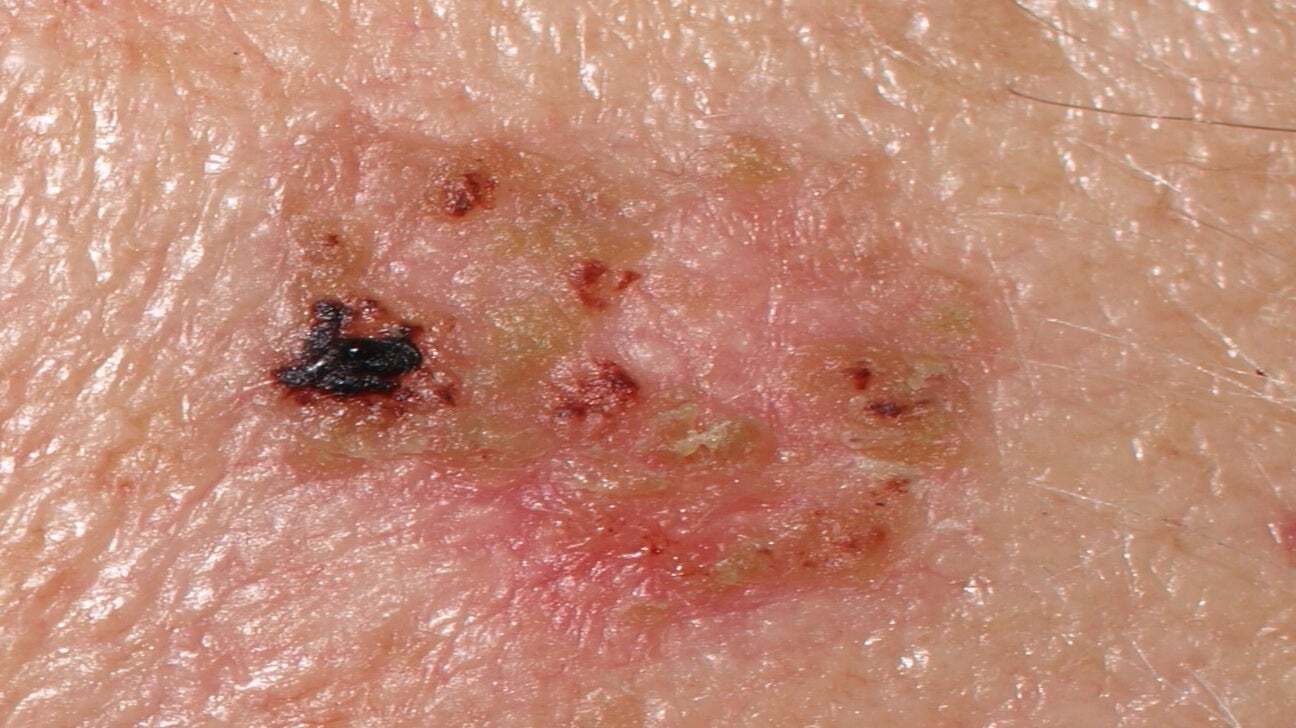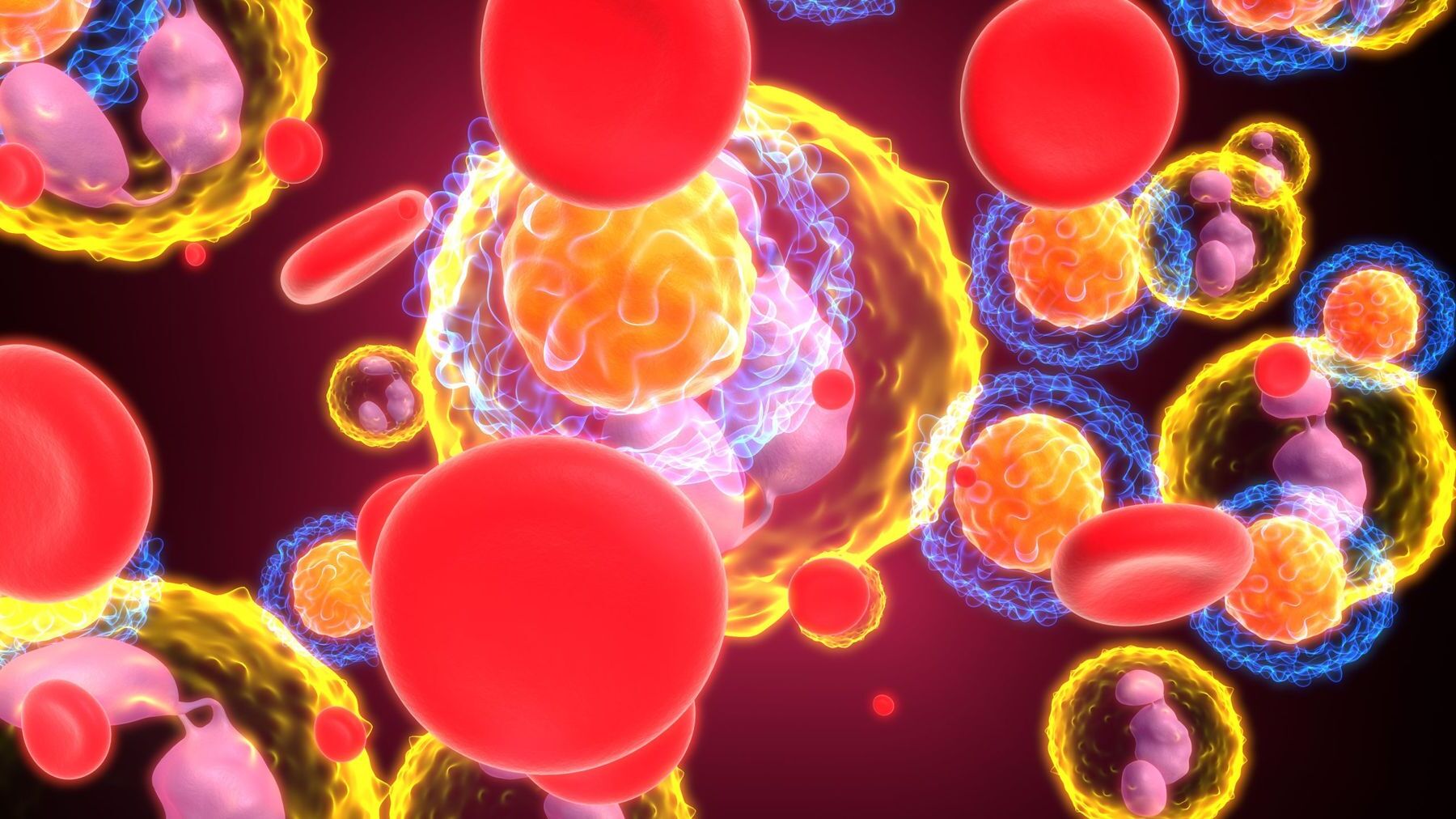
Leaky Gut Syndrome is a condition that has been gaining attention in recent years. But what exactly is it? Leaky Gut Syndrome refers to increased intestinal permeability, where the lining of the small intestine becomes damaged, allowing harmful substances to leak into the bloodstream. This can lead to a variety of health issues, including inflammation, allergies, and autoimmune diseases. Understanding this condition is crucial for maintaining overall health. In this blog post, we will explore 50 facts about Leaky Gut Syndrome to help you better understand its causes, symptoms, and potential treatments. Get ready to dive into the world of gut health!
What is Leaky Gut Syndrome?
Leaky Gut Syndrome is a condition where the lining of the small intestine becomes damaged, causing undigested food particles, toxins, and bacteria to "leak" through the intestines and flood the bloodstream. This can lead to widespread inflammation and trigger an immune response.
- The small intestine is lined with a barrier that controls what gets absorbed into the bloodstream.
- When this barrier is compromised, it becomes "leaky," allowing harmful substances to pass through.
- Leaky Gut Syndrome is not officially recognized as a medical diagnosis by all healthcare professionals.
- It is often associated with other conditions like irritable bowel syndrome (IBS) and Crohn's disease.
- Symptoms can include bloating, gas, cramps, food sensitivities, and aches.
Causes of Leaky Gut Syndrome
Understanding what causes Leaky Gut Syndrome can help in managing and preventing it. Various factors can contribute to the development of this condition.
- Chronic stress can weaken the immune system, making the gut more susceptible to leaks.
- Poor diet, especially one high in sugar, refined carbs, and processed foods, can damage the gut lining.
- Excessive alcohol consumption can irritate and inflame the gut lining.
- Long-term use of nonsteroidal anti-inflammatory drugs (NSAIDs) can harm the intestinal lining.
- Infections, such as Candida overgrowth, can contribute to a leaky gut.
Symptoms of Leaky Gut Syndrome
Recognizing the symptoms is crucial for seeking appropriate treatment. Symptoms can vary widely and affect different parts of the body.
- Digestive issues like bloating, diarrhea, and constipation are common.
- Food sensitivities may develop due to the immune system reacting to leaked particles.
- Skin problems such as acne, rashes, and eczema can occur.
- Fatigue and brain fog are often reported by those with a leaky gut.
- Joint pain and widespread inflammation can also be symptoms.
Diagnosing Leaky Gut Syndrome
Diagnosing Leaky Gut Syndrome can be challenging due to its wide range of symptoms and lack of standardized tests. However, some methods can help identify it.
- Intestinal permeability tests measure the ability of substances to pass through the gut lining.
- Blood tests can check for antibodies that indicate an immune response to leaked particles.
- Stool tests can reveal imbalances in gut bacteria and the presence of harmful pathogens.
- A comprehensive health history and symptom review can provide clues.
- Some practitioners use food sensitivity tests to identify potential triggers.
Treatment Options for Leaky Gut Syndrome
Treating Leaky Gut Syndrome often involves a combination of dietary changes, supplements, and lifestyle modifications. Here are some common approaches.
- A diet rich in whole, unprocessed foods can help heal the gut lining.
- Probiotics can restore healthy gut bacteria balance.
- Supplements like L-glutamine can support gut lining repair.
- Reducing stress through mindfulness and relaxation techniques can be beneficial.
- Avoiding alcohol and NSAIDs can prevent further damage to the gut lining.
Foods to Avoid with Leaky Gut Syndrome
Certain foods can exacerbate Leaky Gut Syndrome and should be avoided to promote healing. Here are some common culprits.
- Sugar and artificial sweeteners can feed harmful bacteria and yeast in the gut.
- Gluten can cause inflammation in sensitive individuals.
- Dairy products can be difficult to digest and may irritate the gut lining.
- Processed foods often contain additives and preservatives that harm the gut.
- Alcohol can inflame and damage the gut lining.
Foods to Eat for a Healthy Gut
Eating the right foods can support gut health and help repair a leaky gut. Here are some beneficial options.
- Fermented foods like yogurt, kefir, and sauerkraut provide probiotics.
- Bone broth contains collagen and amino acids that support gut lining repair.
- Leafy greens and vegetables are rich in fiber and nutrients.
- Healthy fats from sources like avocados, nuts, and olive oil can reduce inflammation.
- Lean proteins like chicken, fish, and legumes are easy to digest and nutritious.
Lifestyle Changes to Support Gut Health
In addition to dietary changes, certain lifestyle modifications can help manage Leaky Gut Syndrome. Here are some strategies.
- Regular exercise can improve digestion and reduce stress.
- Getting enough sleep is crucial for overall health and gut repair.
- Staying hydrated helps maintain a healthy digestive system.
- Avoiding smoking can reduce inflammation and promote healing.
- Practicing mindfulness and stress-reduction techniques can support gut health.
Potential Complications of Leaky Gut Syndrome
If left untreated, Leaky Gut Syndrome can lead to various complications. Understanding these risks can highlight the importance of addressing the condition.
- Chronic inflammation from a leaky gut can contribute to autoimmune diseases.
- Nutrient malabsorption can lead to deficiencies and related health issues.
- Increased risk of infections due to a compromised immune system.
- Worsening of existing conditions like IBS and Crohn's disease.
- Potential development of new food allergies and sensitivities.
Research and Future Directions
Ongoing research aims to better understand Leaky Gut Syndrome and develop more effective treatments. Here are some areas of focus.
- Studies are exploring the role of gut microbiota in Leaky Gut Syndrome.
- New diagnostic tools are being developed to improve accuracy.
- Research is investigating the impact of different diets on gut health.
- Potential new treatments, including targeted probiotics and medications, are being tested.
- Greater awareness and understanding of Leaky Gut Syndrome can lead to better management and outcomes.
Understanding Leaky Gut Syndrome
Leaky Gut Syndrome, though still debated, has gained attention for its potential impact on health. The condition involves the lining of the intestines becoming more permeable, allowing toxins and undigested food particles to enter the bloodstream. This can lead to inflammation and trigger various health issues like autoimmune diseases, allergies, and digestive problems.
Recognizing symptoms such as bloating, fatigue, and joint pain can help in seeking appropriate medical advice. Lifestyle changes, including a balanced diet rich in fiber, probiotics, and avoiding processed foods, may improve gut health. Stress management and regular exercise also play crucial roles.
Consulting healthcare professionals for accurate diagnosis and treatment plans is essential. While research continues, staying informed and proactive about gut health can make a significant difference. Remember, a healthy gut contributes to overall well-being.
Was this page helpful?
Our commitment to delivering trustworthy and engaging content is at the heart of what we do. Each fact on our site is contributed by real users like you, bringing a wealth of diverse insights and information. To ensure the highest standards of accuracy and reliability, our dedicated editors meticulously review each submission. This process guarantees that the facts we share are not only fascinating but also credible. Trust in our commitment to quality and authenticity as you explore and learn with us.


